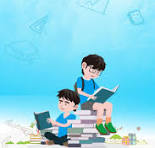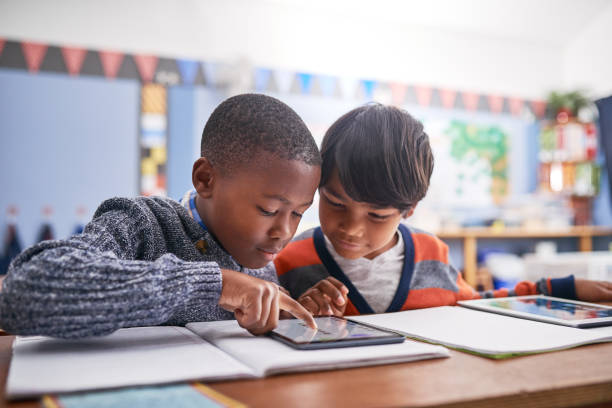"Education is the most powerful weapon which you can use to change the world." - Nelson Mandela
"The beautiful thing about learning is that no one can take it away from you." - B.B. King
"Education is not the filling of a pail, but the lighting of a fire." - William Butler Yeats
"Live as if you were to die tomorrow. Learn as if you were to live forever." - Mahatma Gandhi
"The more that you read, the more things you will know. The more that you learn, the more places you'll go." - Dr. Seuss
"Education is the key to unlock the golden door of freedom." - George Washington Carver
"The mind is not a vessel to be filled, but a fire to be kindled." - Plutarch
"An investment in knowledge pays the best interest." - Benjamin Franklin
"Education is the passport to the future, for tomorrow belongs to those who prepare for it today." - Malcolm X
"Learning is a treasure that will follow its owner everywhere." - Chinese Proverb
"The purpose of education is to replace an empty mind with an open one." - Malcolm S. Forbes
"Education is not preparation for life; education is life itself." - John Dewey
"Education is the foundation upon which we build our future." - Christine Gregoire
"The only thing that interferes with my learning is my education." - Albert Einstein
"Education is the movement from darkness to light." - Allan Bloom
"Knowledge is power. Information is liberating. Education is the premise of progress, in every society, in every family." - Kofi Annan
"Education is not just about going to school and getting a degree. It's about widening your knowledge and absorbing the truth about life." - Shakuntala Devi
"The more you learn, the more you earn." - Warren Buffett
"Education breeds confidence. Confidence breeds hope. Hope breeds peace." - Confucius
"The roots of education are bitter, but the fruit is sweet." - Aristotle
"Education is not solely about earning a great living. It means living a great life." - Brad Henry
"To educate a person in the mind but not in morals is to educate a menace to society." - Theodore Roosevelt
"The function of education is to teach one to think intensively and to think critically. Intelligence plus character — that is the goal of true education." - Martin Luther King Jr.
"Education is the most powerful weapon you can use to change the world for the better." - Marian Wright Edelman
"Education is the foundation of all we do in life. It shapes who we are and what we aspire to be." - Julie Payette






